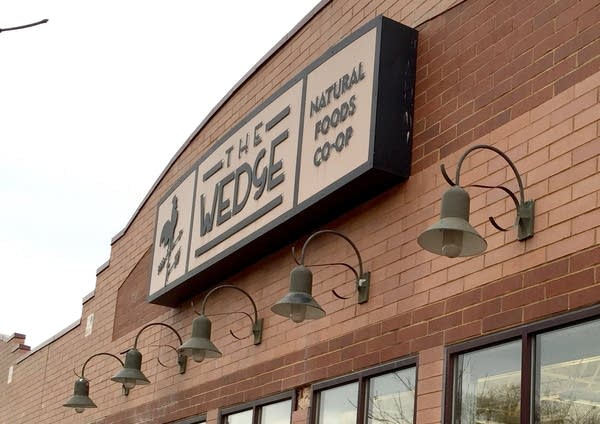Wedge Co-op workers to vote on union

Workers at the Wedge Community Co-op are voting on whether to join a union, Monday, Nov. 16, 2015.
Jon Collins | MPR News
Go Deeper.
Create an account or log in to save stories.
Like this?
Thanks for liking this story! We have added it to a list of your favorite stories.


